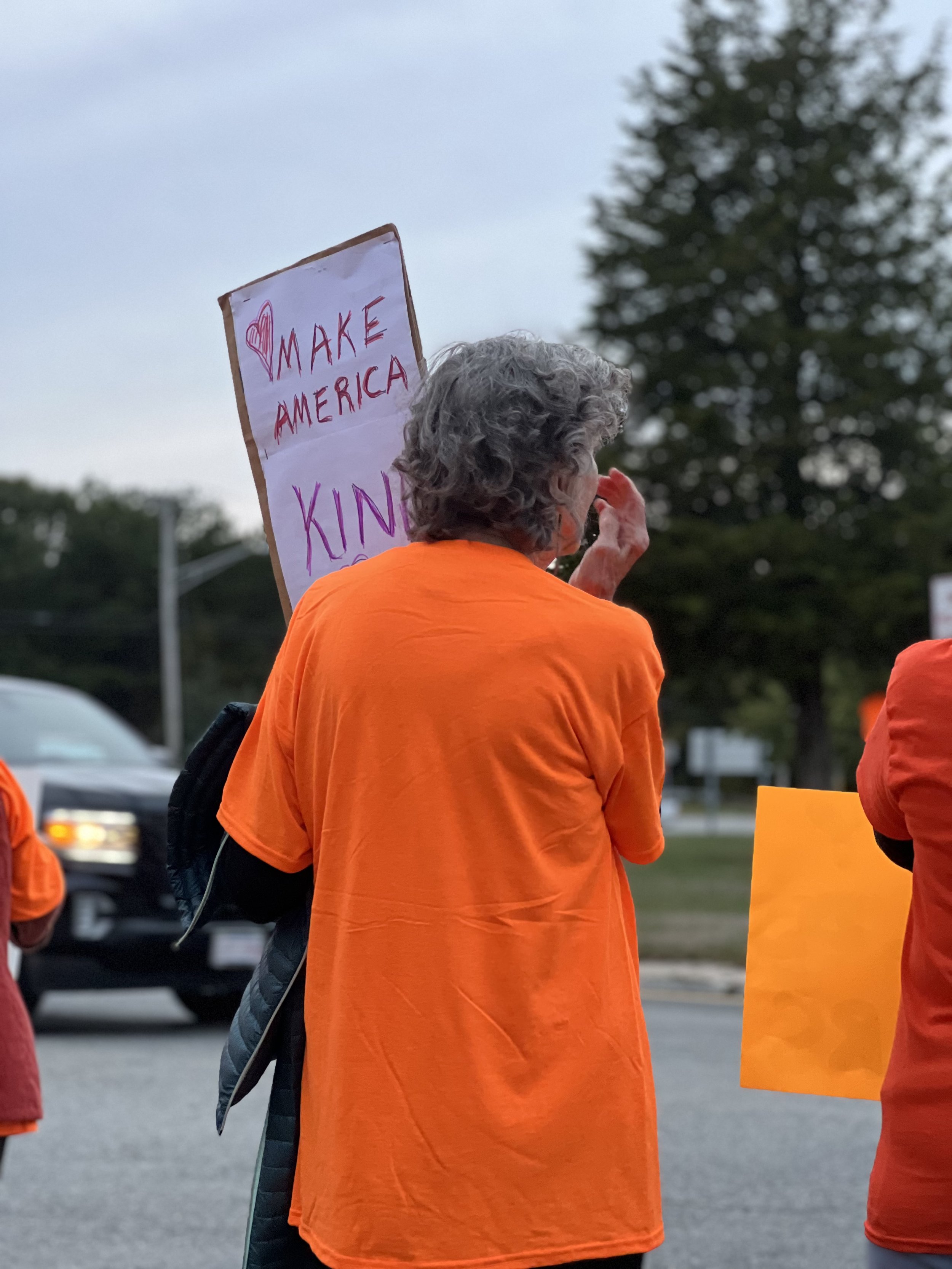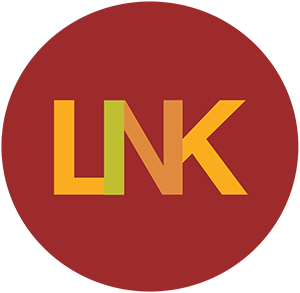
ABOUT US
L.I.N.K. (Linking Indigenous and Non-Indigenous Knowledge) is a local Cape Cod organization seeking pathways to understanding and reciprocity between the non-Native community and the Wampanoag Nation.
L.I.N.K. was formed in late 2021 by co-founders, Marilyn Hajer and Paula Pace. Marilyn and Paula share a background in restorative justice and an awareness of the continuing chasm between our two communities that began with settler colonialism. A training they attended, Dialogue Across the Divides, was the catalyst that inspired the creation of an organization dedicated to bridging the chasm, through education, awareness and action.
L.I.N.K.’s goal, long-term, is to contribute to building authentic relations and partnerships with Wampanoag members by listening to and honoring Native needs and concerns, recognizing their contributions. L.I.N.K. seeks active collaboration with community groups and organizations to change the current environment of societal injustice and to heal relations.
L.I.N.K. has an ongoing study group. Its members are dedicated to exploring their own biases, learning from Native teachers and Wampanoag elders, becoming educated on Indigenous wisdom/knowledge, history and culture, and developing resources to share with the wider community. New events and opportunities for involvement are being developed. L.I.N.K. plans and sponsors events such as the Dawnland film and panel that included respected Wampanoag teachers (April 2022), and the documentary film Bounty and panel discussion (October 2022).
L.I.N.K. is a 501(c)(3), tax exempt, non-profit organization.

L.I.N.K. at Orange Shirt Day --
Every Child Matters
Reflections on what led participants to join
Click the downward arrow to read our stories.
-
My journey to L.I.N.K. began with the transformative teaching I received on the Hopi Reservation many years ago: “Everything in everyday life is sacred”. In the winter of 1999, I found myself planted in a small cape house on the bank of the Moonakis (Quashnet) river in a part of Falmouth that was once Mashpee. It’s hard to fully communicate my connection to this place: I feel quiet and peaceful, joyful and expansive. I feel a sense of belonging to the trees, the sky and the water, the wind and the softness of the air, and to the osprey, hummingbirds and swans with whom I share this space. Daily, I'm filled with gratitude and awe. More recently, I was part of a restorative justice group in Falmouth. While we studied the genocide of Native Americans, beginning with the truth about our stealing and occupying the land, I started to feel the complexity of my current situation: I didn’t steal the land, yet now that I know how horrific this genocide was and is still going on and my own privilege living here, what’s mine to do? Questions about the land became even more personal and unsettling when I spoke with both the white descendants and a Wampanoag woman whose families had past connections with the place I call home. Aware that we live practically next door to the Wampanoag People and have this long, painful and ongoing relationship of oppressor and oppressed, I asked myself: What are the possibilities for growing respect and trust? What could lead to healing and honest working together to create local systemic change? Paula Pace, a restorative justice friend, and I decided to attend a training called Dialogues across the Divide. Inspired, we came home to Falmouth and L.I.N.K. was born.
— Marilyn
-
Why I started LINK
At 80 years old, I’m ready for change. Most of my life I’ve worked towards social justice. I am deeply distressed by the damage/violation people of my race have done to our earth and the cruelty inflicted on Native peoples that amounts to cultural and physical genocide. I am in awe of what I know of Native peoples' profound connection to the land, respect for all life forms, and the centuries of their stewardship.
I feel such a loss — while the Wampanoag Nation is right next door, until recently I and most of my community have had little or no relationship with the Wampanoag people. When I learned I was living on stolen land, I literally could not stop thinking about it. How do I as a moral person contend with that fact?
I started L.I.N.K. with my friend and colleague, Marilyn Hajer, to bring these issues to our community: to own and acknowledge the past and the biases that originate from a white supremacy culture; to take action to reckon with that past and honor the contributions of Native people; to find ways to stand with the Wampanoag people, in partnership, taking cues from them, searching how healing can happen.
Understandably, trust, after hundreds of years of mistreatment and deception, is a long-term process. I believe it essential that our organization, L.I.N.K., be based on consensus and that it reflect the values of respect, integrity, and kindness; that we who seek to be trusted truly walk our talk.
— Paula
-
I found L.I.N.K. as a result of joining a book club, which focused their readings on anti-racist books. Here, I started to awaken to the atrocities inflicted upon non-white people, and especially the genocide of the Native American people.
As a part of the L.I.N.K. (Linking Indigenous and Non-Indigenous Knowledge) group, I have been taking a closer look at my own racial and cultural biases. I want to take responsibility for my actions, or lack of. Today, I am now ready to take a more active role in my community in standing up for - and with - my Native American family. My hope is to recognize and dismantle systems that keep people like me complicit in the atrocities inflicted on the true Native People of America. I too, as other members of this group, want to be an agent for change.
— Rachael
-
In the early years of my education, colonization of the United States was portrayed in only one light; the white man’s right to take the land from indigenous people.
Over the years, I visited many places in the southwest learning about indigenous tribes, their culture, and traditions. Then moving to Cape Cod, I have the privilege of knowing and learning about the Wampanoag people, their culture and experiencing their traditions.
The true story of colonization began emerging for me by attending a course in Indigenous Peoples Conference, and viewing the documentary, Dawnland, presented by the Upstander Project.
L.I.N.K. has become a vehicle for me to address and acknowledge the harm and trauma that has been committed against Native Americans. Through education, reflection, and dialogue with Native teachers, we can begin to heal and become allies to our Wampanoag neighbors.
-
As a white person living on Cape Cod for over 50 years, I am still amazed at my lack of knowledge when it comes to the suffering and hardship, the genocide inflicted on my Wampanoag neighbors, whose people have managed to persist here for thousands of years.
“How could I not have known? Or did I? How could these things have been done? They are still going on! How have they endured?”
Like many other white people I have slowly become aware that, in wanting to be part of the solution to the injustices I see happening in the world, I first have to recognize that, as an inheritor of settler colonialism, I am part of the problem and that I have some deep, personal work to do. What parts of a dominator legacy do I still carry? Where am I still blind? Although I began the process a while ago, LINK offers the opportunity to continue it with others within my own local community. Our focus here is specifically on the history, culture, and current challenges of the Wampanoag people, on whose unceded land we now live. We are here to acknowledge and raise awareness of both their trauma and their resiliency, the transgressions of our own European ancestors, and the wisdom of Indigenous values and culture. I’m grateful for the guidance of our Wampanoag advisors and for the willingness of other members of the Tribe to meet and receive us. My hope is that we may find a way to make amends, to take action on their behalf, to become good neighbors and perhaps even friends some day.
— Laura
-
Having studied Native American history and culture and having worked with Mashpee Wampanoag families, I’ve been searching for a way to be a true ally to the Mashpee Wampanoag People. L.I.N.K. has given me that opportunity to delve deeper into indIgenous knowledge and, when we are ready, to respectfully take action to support the Tribe in whatever way we're needed. I am so grateful to do the work together with the other members of L.I.N.K.
—Lois
-
Fearful of the harm we cause, I seek healing.
Worried for the damaged Earth, I turn to the teachings of nature.
Wanting greater respect for the land, I open my mind to a different wisdom.
Aware of the things I never learned, I lean in with curiosity.
Believing that we can be better, I breathe deeply.
Hoping to find a path forward, I listen.
--Cathy
-
I have been a music maker my whole life. Music has been the way I encounter the world and the people around me. Slowly, over the course of several decades, it has led me to ask deeper questions about our collective history and our responsibilities as individuals and communities. These questions have no simple answer and take enormous persistence and patience to unpack. I am grateful to be a part of L.I.N.K., where we can question, share and learn together.
— Carla
-
I’ve always known right from wrong. I’d read the newspaper, turn to my wife, and say, “Listen to this...,” then I’d read her the transgression(s) of the day, shake my head, and turn the page. When George Floyd was killed in May of 2020, I couldn’t just turn the page. I had to address the problem. I wanted to be part of the solution. I wanted to eradicate racism. I started writing letters to the editor. I joined the Mashpee Inclusion and Diversity Committee. I also came to an embarrassing realization: I lived in Mashpee, “Land of the Wampanoag” but I didn’t know any Wampanoag people and I knew little about them. Slavery is often called America’s original sin. What about what we did to Indigenous Peoples? I joined LINK to learn about Wampanoag history and culture, to face unpopular truths, and to become a better ally.
— Dan

